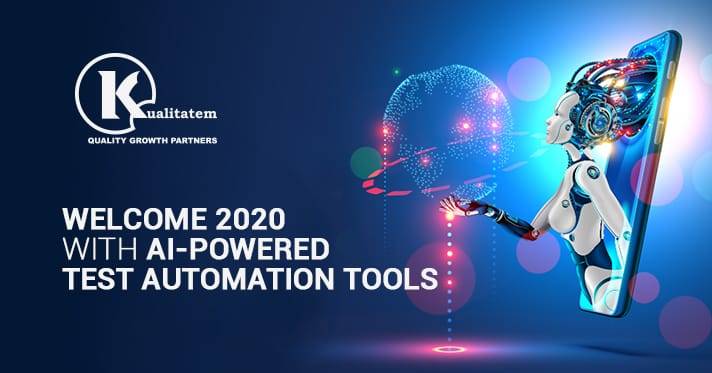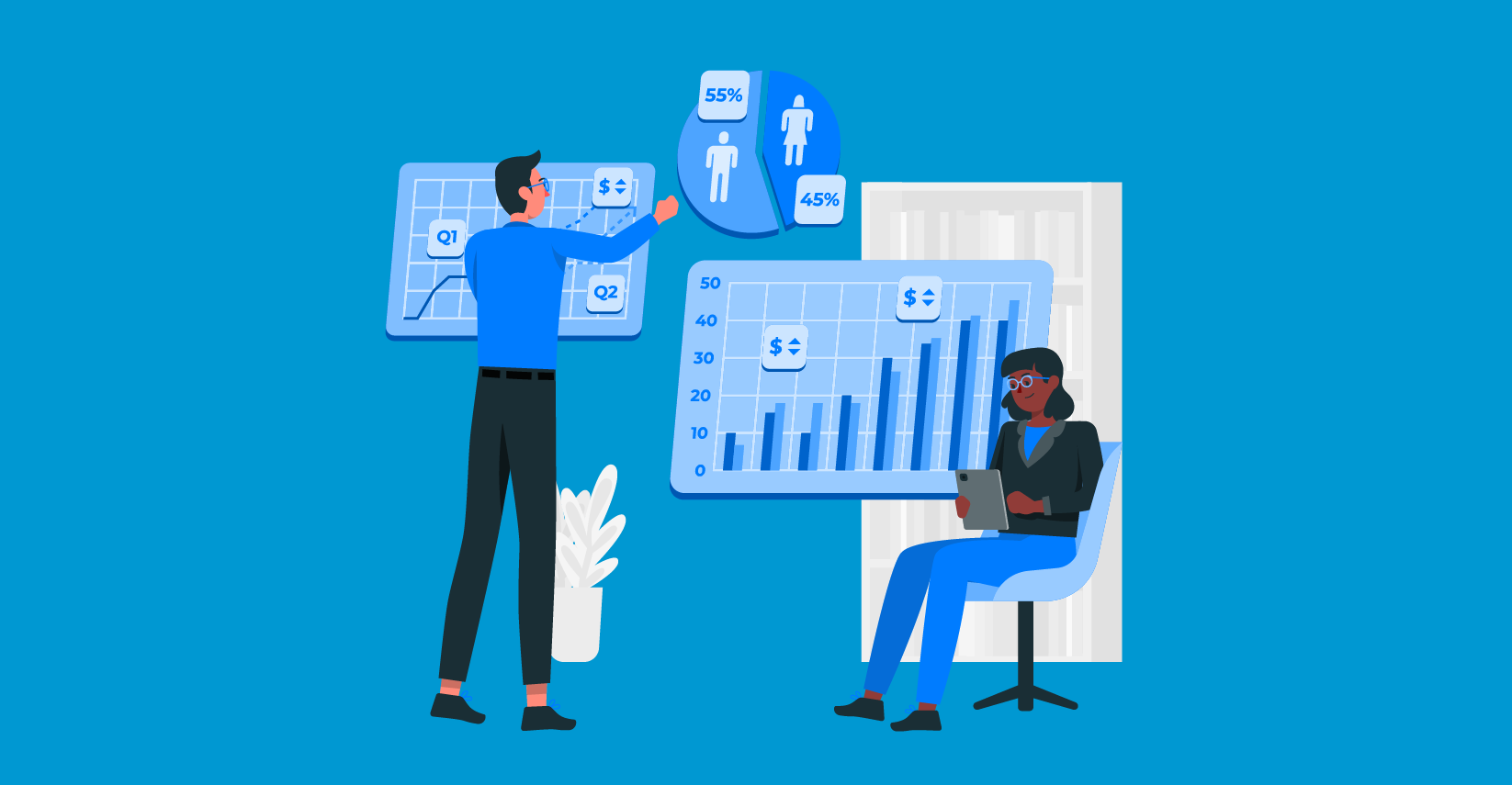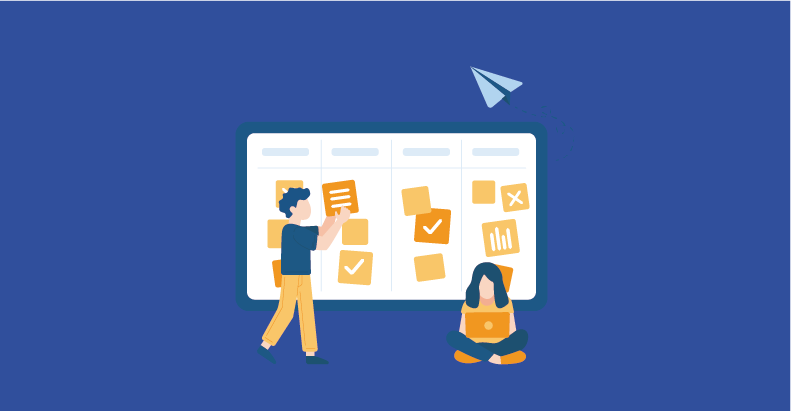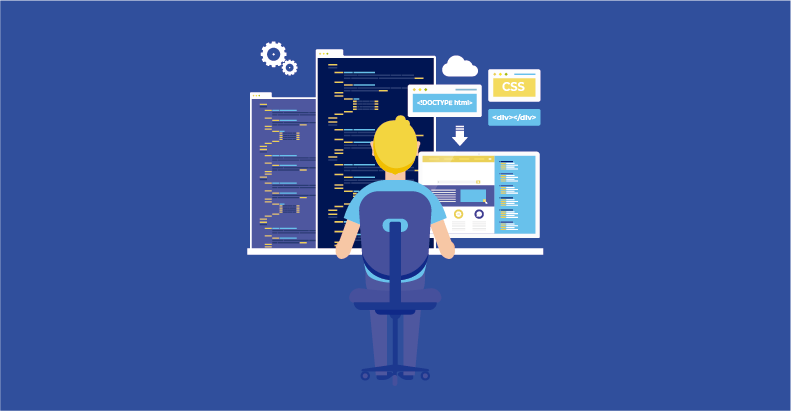Welcome 2020 With AI-Powered Test Automation Tools

- January 1, 2020
- HibaSulaiman
The software development industry has faced immense disruption after the emergence of Agile and DevOps. Eventually, it has increased customer expectations with respect to the delivery speed and product quality. QA professionals adapt automation testing to pace up with the accelerating change.
AI Algorithms Can Eliminate Poor Test Scripts And Improve Quality
Artificial intelligence (AI) has also changed software development and testing processes. As we enter a new decade, manual and automated testing go side by side. But with AI and machine learning (ML) technologies, an automation testing company can take software testing to a different level.
As we move into a new decade, enterprises further explore the AI capabilities to achieve speed and quality. The shift-left approach aims at delivering value to customers while ensuring faster software releases. As enterprises go agile, they are in dire need of automation throughout their software development life cycle (SDLC). These enterprises are developing software in the form of sprints, while the QA element is stable. This is where AI and ML algorithms make their way forward.
Limitations of Automation Testing
Testers face a few issues associated with code-based scripting solutions that include:
- Flaky and unstable over time
- Require strong software development skills
- Use frameworks that are integrated with testers’ testing environments
Given the above issues, QA teams look for better alternatives that are easier to script and maintain which makes ML-based test automation the right option. An Automation testing company invests its time, money and effort to come up with all possible solutions using AI and ML.
The Right Blend of ML-Based Automation and Traditional Automated Tests
So the question is, when should testers use ML-based automation and when to use traditional automated tests? AI and ML solutions are not magic. QA teams need to figure out when they can use AI-based automation solutions. Following is a representation of Use cases for both, traditional automation and AI-based test automation methodology:
| Testing Category | Traditional Test Automation | AI-Based Test Automation |
|---|---|---|
| Test Authoring | Manual flows, BDD | Record test flows |
| Test-Dev Skillset | Medium-High | Low – Medium |
| Test Environment | IDE | ML UI |
| Testing Type | API, Functional, Load | API and Functional |
| Application Type | All Types | Web-based |
It is expected that there will be a drastic change in the AI-based test automation in the coming years. Just to begin with, AI-powered tools are evolving and Applitools, TestCraft, Sauce Labs are a few to name. Coming years are critical for DevOps teams to adopt, integrate and change processes to utilize these tools in their SDLC.
Moving Forward with Automation Testing in 2020
Teams working for an automation testing company should explore new methodologies to find where using AI-based solutions will help achieve better results. Additionally, the next generation of ML-powered tools should seamlessly integrate with CI/CD approaches. These tools are also expected to offer additional testing types, let’s say cybersecurity testing. Using the right test automation approach can help enterprises in completing SDLC efficiently.











